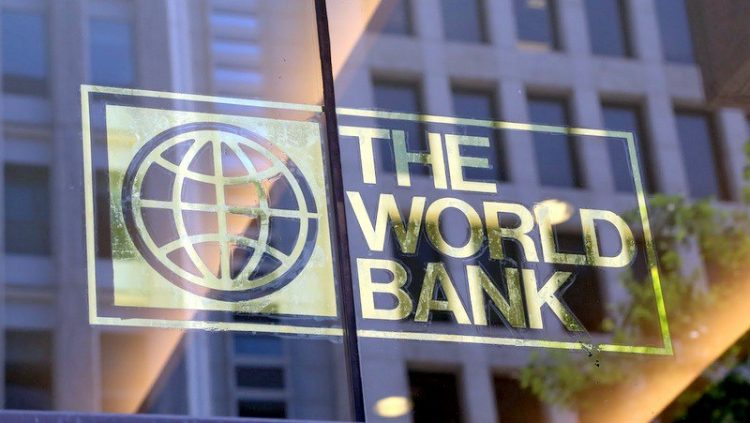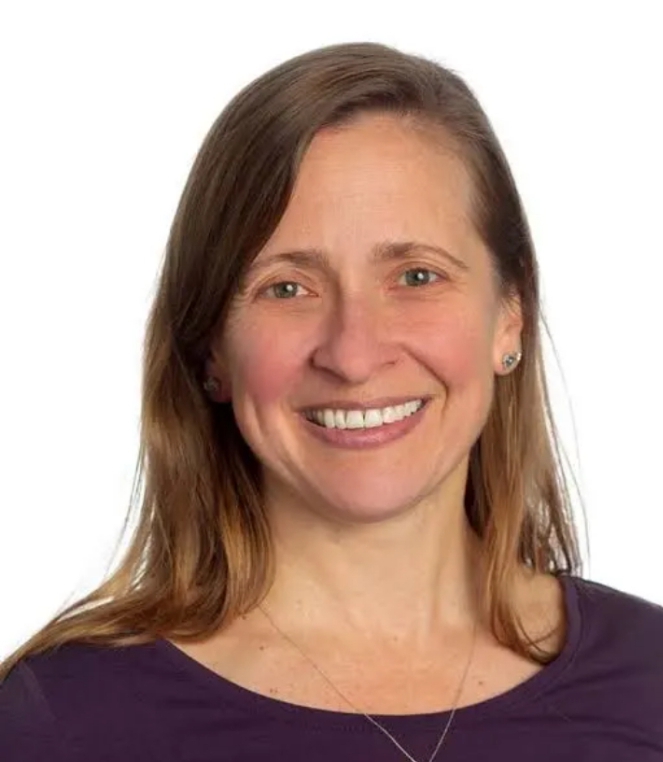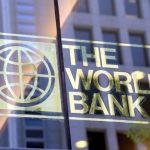OUAGADOUGOU – A two-day High-Level Forum on Defying Drought (D2) concluded today in Ouagadougou with renewed commitment from West African leaders and development partners to address the intensifying drought crisis in the region. Against the backdrop of accelerating climate change and rapid population growth, senior policymakers from Burkina Faso, Chad, Mali, Mauritania, Niger, and Senegal, along with technical experts from Morocco and Brazil, joined forces with regional institutions and international partners to advance coordinated, practical solutions to build drought resilience across the Sahel.
A major outcome of the Forum was the signing of a Memorandum of Understanding between the World Bank Group, the Government of Burkina Faso, and the International Institute for Water and Environmental Engineering (2iE), to launch the Africa Water Center (AWC). The Center, to be hosted at 2iE in Ouagadougou, will become a regional hub for innovation, capacity building, knowledge sharing, and partnership in the water sector.
A timely response to intensifying climate risks
Climate-related pressures are mounting across West Africa. Rapid population growth, declining per capita water availability, and increased frequency of extreme weather events—including droughts, floods, and heatwaves—are stretching the region’s water resources to a breaking point. In the past five decades, extreme droughts have surged by more than 230%, with outsized impacts on fragile economies. In several Sahelian countries, these pressures could reduce annual economic growth by up to six percent by 2050.

The Africa Water Center is designed to respond to this challenge by bringing together technical expertise, fostering innovation, and delivering targeted training to strengthen national and regional capacities. The Center will support early warning systems, improve water planning and allocation, and coordinate integrated drought management, while complementing ongoing country-level and regional initiatives.
Leaders speak:
Dr. Aboubakar Nacanabo, Minister of Economy and Finance, Burkina Faso:
“Our Sahelian region has long endured the harsh realities of drought. But beyond being an environmental issue, drought threatens our economies, public services, health systems, and ultimately, our peace. Through solidarity, innovation, and cooperation, we can transform this threat into an opportunity. We are proud to host the Africa Water Center here in Ouagadougou—a future hub of excellence and innovation for sustainable water management and South-South collaboration.”
Professor El Hadji Bamba Diaw, Director General, 2iE:
“The Africa of tomorrow depends on the solutions we put in place today. The Africa Water Center represents a pivotal step toward equipping the continent with a strategic, collaborative platform to drive socio-economic transformation. It will be a center of scientific and technical excellence, where knowledge meets innovation to develop practical, locally relevant solutions that promote resilience and peace.”
Ousmane Diagana, World Bank Vice President for Western and Central Africa:
“Drought knows no borders. To confront it, we must act on three fronts: invest in knowledge and early warning systems, deepen regional cooperation, and implement decisive, practical actions. The Africa Water Center offers a unique platform to do all three—helping us turn the challenge of drought into an opportunity for sustainable growth and resilience.”
Juergen Voegele, World Bank Vice President for Sustainable Development:
“Globally, water-dependent sectors support 1.7 billion jobs. When water is reliable, economies flourish; when it is not, opportunities vanish. The knowledge and innovations generated through the Africa Water Center will not only support the Sahel but will also offer lessons for other water-stressed regions striving to turn vulnerability into strength.”
Convened by the World Bank Group, in collaboration with the Government of Burkina Faso and 2iE, this Forum marks the inaugural activity of the World Bank’s Defying Drought (D2) Impact Program. The program is part of the World Bank Group Academy, which aims to accelerate the scale-up and adoption of effective drought resilience measures across vulnerable regions.
Source: The World Bank








